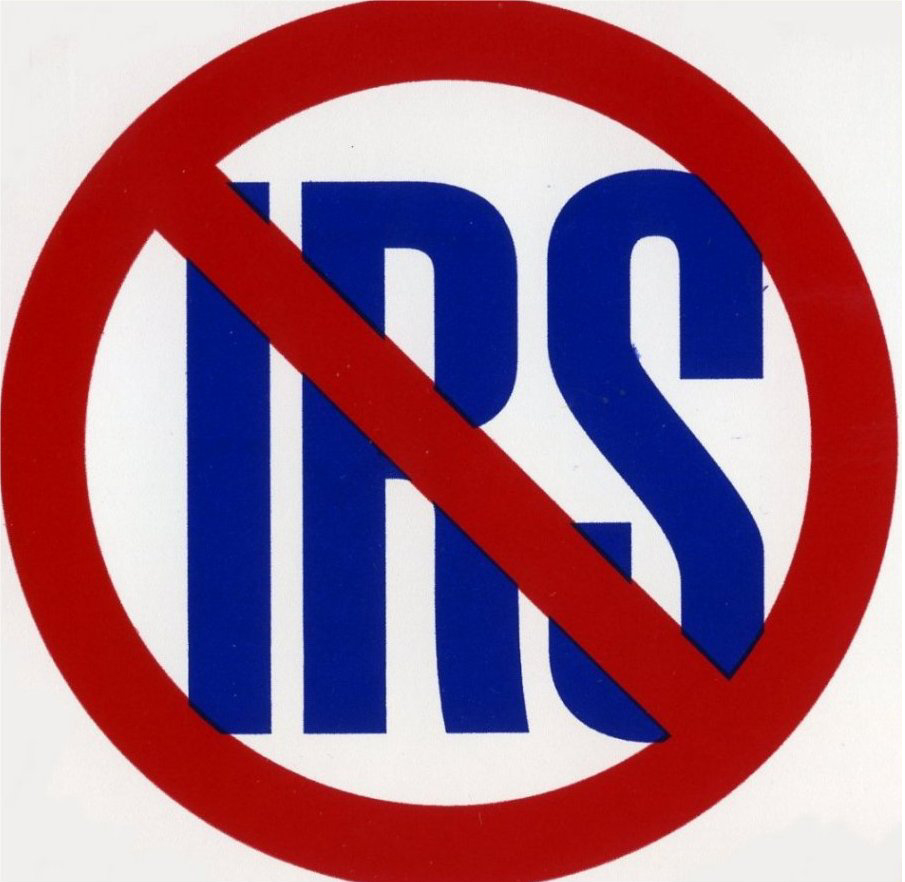
OWE THE IRS AND CAN’T PAY IT??
Don’t feel bad, you’re just one out of millions of people who have this problem.
The IRS is ramping back up it’s automated notices and has just received the funding to hire 87,000 new employees over the next 10 years. You can bet a significant number of these new hires will be in the collections and enforcement division.
Some Quick Facts
- A staggering 50 million individuals are dealing with outstanding balances from previous years, unfiled tax returns, or both.
- Approximately 54% of these individuals find themselves somewhere in the collections process, indicating the urgent need for resolution. Out of this group, 29% have entered into some form of installment agreement to address their tax obligations.
- As of June 27, 2022, the IRS has initiated the return of their workforce to office settings, enabling them to send out automated notices to taxpayers. In recent times, the IRS has intensified their efforts in issuing these notices to individuals with outstanding tax liabilities.
- Shockingly, an estimated 10 million people fail to fulfill their obligation to file a tax return annually, exacerbating the existing challenges faced by the IRS and contributing to the growing number of unresolved cases.
- The repercussions of these unresolved tax issues are substantial, with a staggering $37 billion in penalties and $13 billion in interest assessed on these outstanding balances.
I HAVE BALANCES DUE, WHAT ARE MY OPTIONS?
- DO NOTHING – One option is to ignore your tax debt and take no action. The notices keep coming, and they are getting more and more threatening. They haven’t done anything, YET. This can have serious repercussions once they do take action, including:
- Accumulating Penalties and Interest: By neglecting your tax debt, penalties and interest will continue to accumulate over time, increasing the overall amount you owe.
- Aggressive Collection Efforts: The IRS or tax authorities may take aggressive measures to collect the debt. This can include wage garnishment, where a (significant)portion of your income is withheld, bank levies that seize funds from your accounts, or placing liens on your property.
- Legal Action: Ignoring tax debt can lead to legal consequences. The IRS or tax authorities may initiate legal proceedings against you, resulting in lawsuits, judgments, and potential asset seizures.
- Negative Impact on Personal and Professional Life: Unresolved tax debt can have a detrimental impact on your personal and professional life. It may lead to a damaged credit rating, difficulty securing loans or mortgages, and potential restrictions on obtaining or renewing passports, security clearances, or occupational licenses.
- Continued Stress and Uncertainty: Ignoring tax debt can cause significant stress and anxiety. The burden of unresolved debt can weigh heavily on your mental and emotional well-being, affecting your overall quality of life.
- PAY IT IN FULL – If you have the financial means, paying your tax debt in full is the ideal option. This eliminates further penalties and interest and allows you to resolve your debt quickly. If this is feasible, contact the IRS or tax authorities to arrange the payment. However, do you really have that kind of money lying around, and are you sure the amount on the notice is right? There’s a 70% chance that the amount on the notice is WRONG.
- SET UP AN INSTALLMENT AGREEMENT – While paying a tax debt through an installment agreement can provide relief and flexibility, it’s important to consider the potential downsides as well. Here are some factors to keep in mind:
- Accruing Interest and Penalties: Even with an installment agreement, the outstanding tax debt continues to accrue interest and penalties until it is fully paid. This means that the total amount you owe may increase over time, making the overall cost of the debt higher.
- Extended Repayment Period: Depending on the amount owed, the terms of an installment agreement can stretch over several years. While this can make monthly payments more manageable, it also means a longer duration of living with the burden of the tax debt.
- Impact on Cash Flow: Monthly installment payments can put a strain on your cash flow and budget. It’s important to consider whether you can comfortably afford the required payments while still meeting your other financial obligations.
- Limited Financial Flexibility: When you enter into an installment agreement, it may limit your financial flexibility. You might need to adjust your spending habits and make sacrifices in order to meet the monthly payment obligations. This can impact your ability to save, invest, or pursue other financial goals.
- Possible Default and Consequences: If you fail to make timely installment payments, you risk defaulting on the agreement. Defaulting can result in the reinstatement of collection efforts by the IRS or tax authorities, including wage garnishment, bank levies, or other enforcement actions.
- Credit Implications: While an installment agreement itself does not directly impact your credit score, the existence of a tax debt and the associated payment plan may be reflected on your credit report. This can potentially affect your creditworthiness and make it more challenging to obtain loans or credit in the future.
THANKFULLY, THERE IS ANOTHER WAY!!

REDUCE THE BALANCE OWED
It’s not the easiest thing to do, but the IRS would rather have something than go through all the hassle of filing liens, levies and so such. In some circumstances, it is possible to settle the outstanding debt with them for a fraction of the original balance. PLEASE NOTE WE WILL NOT PROMISE PENNIES ON THE DOLLAR– THIS IS AN EXTREMELY RARE OCCURANCE.
Here at Reitnour Bookkeeping Inc, our team is well-versed in the intricate details of the IRS collections process. With our extensive knowledge and expertise, we go beyond simple problem-solving. We carefully analyze your unique financial situation to develop a tailored and comprehensive plan that addresses your IRS debt issues and ensures full compliance. Our goal is to provide you with a solution that not only resolves your current challenges but also sets you on the path to long-term financial stability.
We’ve set up a special phone number and email address dedicated to tax resolution cases.
Please do not hesitate to click on either one to contact us or use the form below.


